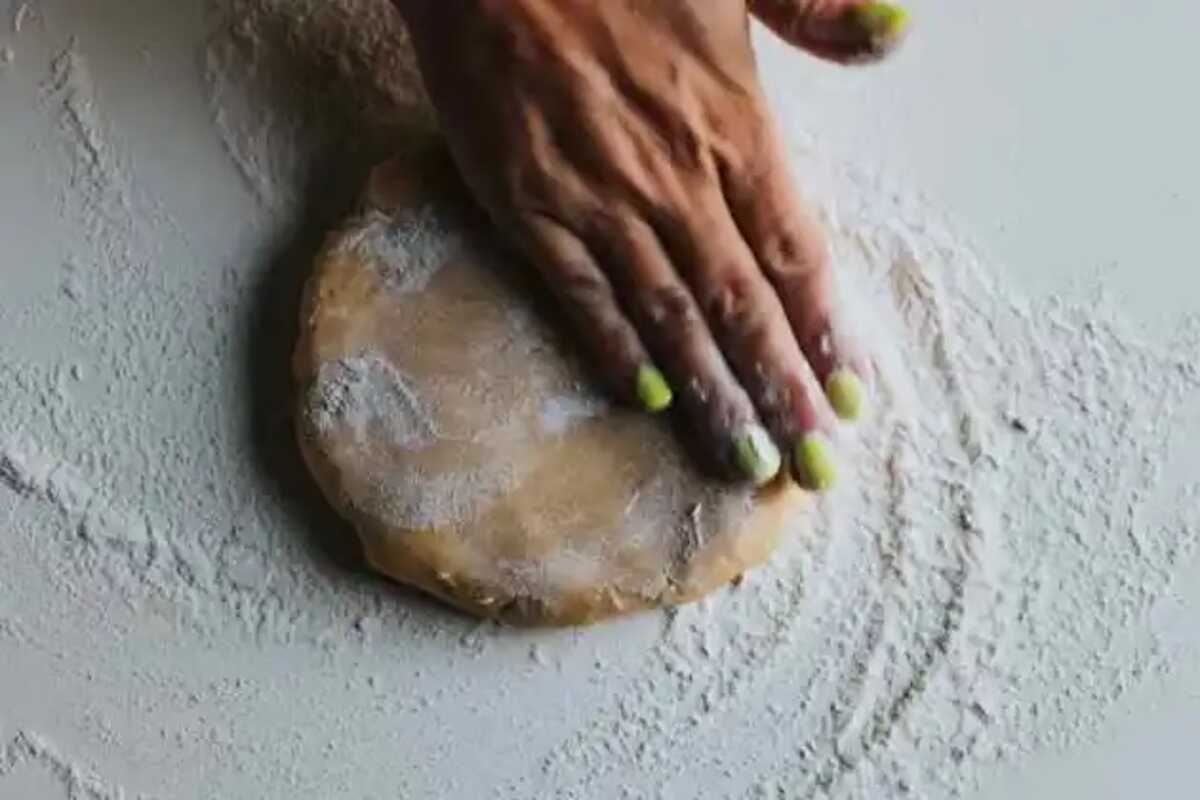Gluten-Free Food: Coconut Flour

Gluten-Free Food: Every single day, more and more people are discovering that they are gluten-free and intolerant. There are many gluten-free flours available today such as garbanzo bean flour, tapioca flour, rice flour, buckwheat, etc.
Gluten-Free Alternative – Coconut Flour
Coconut flour is another gluten-free healthy alternative that can be used in regular recipes instead of wheat or other grain flour.
Coconut Flour is extremely nutritious. It has tons of fiber, and protein and it is very low in carbohydrates. Per 100gr, this gluten-free alternative has approximately 20gr of protein and 36 gr of dietary fiber. It is also very rich in some vitamins and minerals such as manganese and thiamin. It is very popular and used in the Paleo diet because of its low-carbohydrate content. Coconut Flour is made by finely grounding dried coconut piece that is collected during making coconut milk; also has an extremely low glycemic index.
Cooking and baking with coconut flour
However, cooking and baking with coconut flour can be a tricky process.
- In addition, it can not be used as a wheat flour substitute in a recipe with the same ratio.
- It can mostly be used by 20% of the amount of the flour that you substitute; because coconut flour is very highly absorbent(due to the fibre in it).
- If you are baking with coconut flour; be aware that you will need to use more eggs and liquid compared to when you are using other types of grain flour.
- Also, the other thing about using coconut flour in a recipe is that coconut flour when baked tends to have a very dry texture; also it can be difficult to experiment with.
- Use only safe and proven recipes and once you see how it works; you can experiment with your own recipes with this flour in the kitchen.
Also Read: Mushrooms and Their Health Benefits